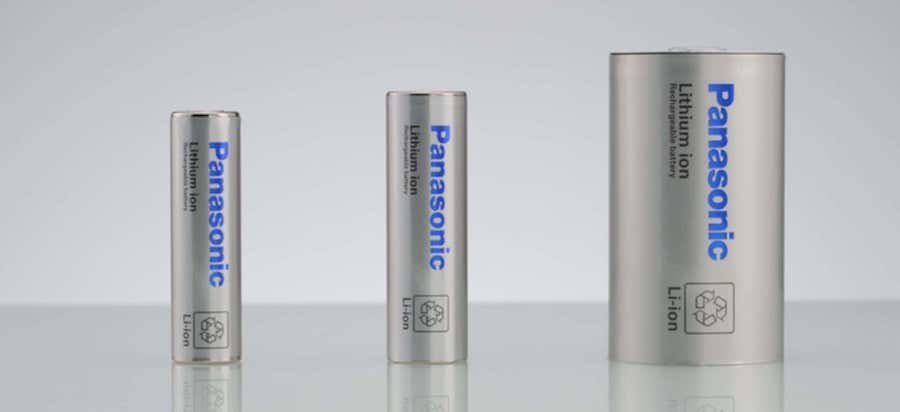Panasonic’s Big Fat Battery Cells Are Set To Change The EV Game, Well Maybe

EVs have been a hot topic recently with industry experts holding varying opinions about their future.
While some companies have been launching new electric vehicles left and right, others have taken a much more conservative approach to electrification, even scaling back EV-focused initiatives. And so it’s hard to tell whether EVs hold as much promise as they used to. But one fact remains, and it’s that tech companies are continuing to roll out innovations in a bid to make electric power more efficient and accessible.
One of these companies is Panasonic, which just announced its new lithium-ion battery cells that are specifically designed to boost range, power, and yes, charging, too. The Japanese tech giant seems adamant that its new battery cells could spark a revolution in the EV scene—but why? What’s so special about these new battery cells?
Well, as it would turn out, it’s the way they’re built. You see, conventional EV batteries are usually built around stacks of 2170 cells. This means that each cell measures just 21 millimeters in diameter and 70 millimeters in length. Panasonic’s new 4680 cells, as you could probably guess, are substantially bigger, sporting a girthier 46-millimeter diameter and a longer 80-millimeter length.
According to Panasonic, these 4680 cells pack up to five times as much energy as their 2170 counterparts—but you know, are constructed as just one cell. Now, this 500-percent energy density won’t necessarily mean that your EV will be five times as efficient, but it does mean that manufacturers could use a whole lot less material for similar range figures. This means lighter, potentially more efficient EVs. Of course, this matters to us because lighter means faster, and faster means more fun, especially in the context of electric motorcycles.
Speaking of applications in light electric vehicles, Panasonic's 4680 cells aren’t just more energy-dense, but they’re also said to be able to handle higher instant power levels. This means better power to the wheels and improved response—another important thing for us performance-minded riders and drivers.
Related News
